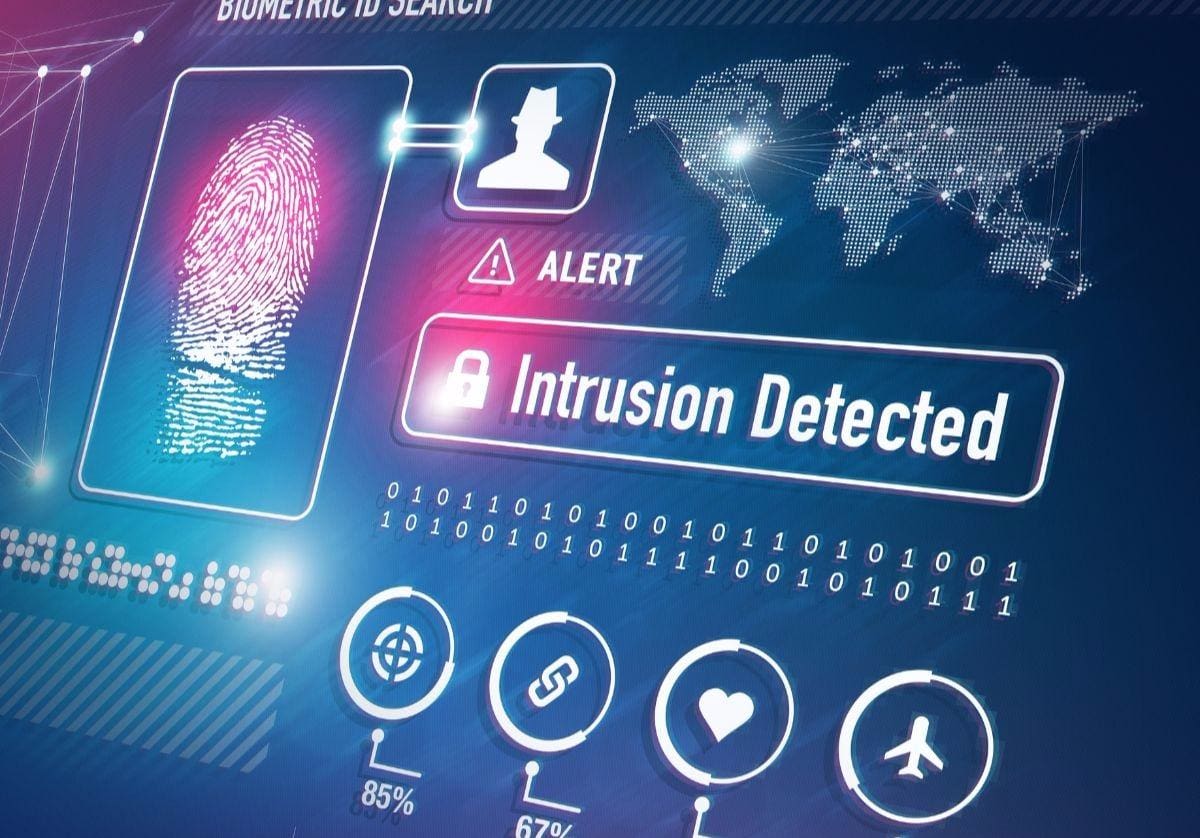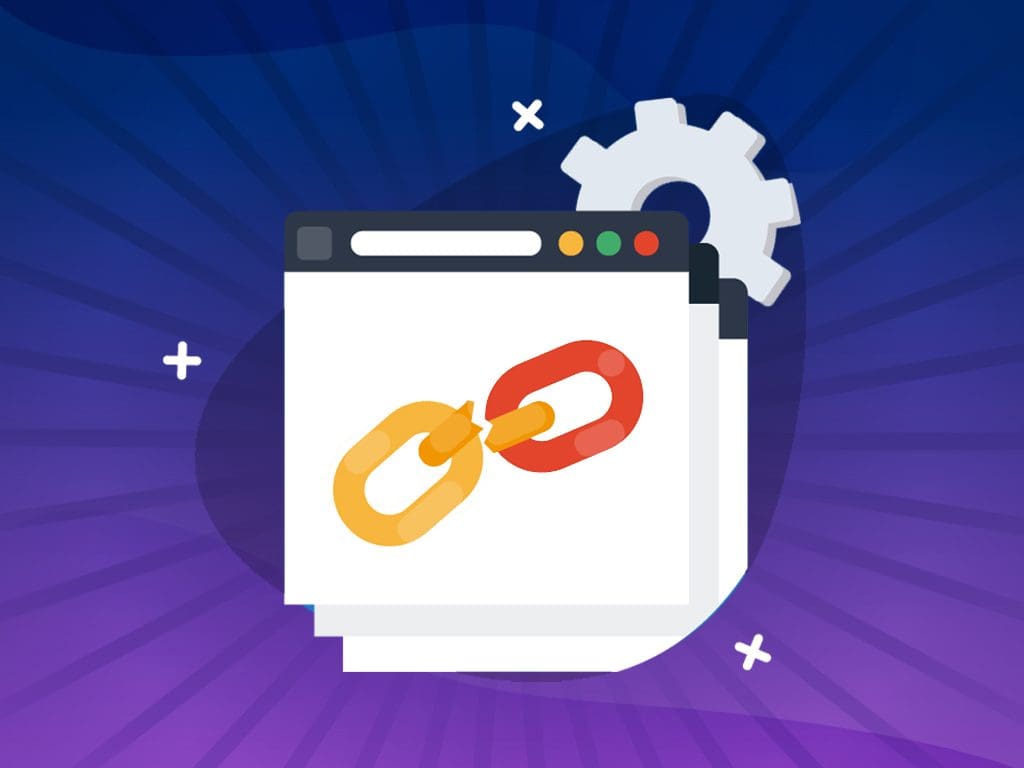With the increasing relevance of online shopping over the past few years, many businesses have moved online. Additionally, the onset of Covid-19 has also contributed to this rise in online shopping activities, making it necessary to safeguard your online business. Cyber threats are issues to be wary of as up to 60% of small businesses are projected to face some cyber-attack. To safeguard your business, you must know how to keep your money, data, and reputation safe. Here are some ways you can ensure that.
Use a secure hosting service
All successful online businesses have a website that is managed by a secure hosting service. Reliable hosting service providers are PCI compliant and ensure that transactions, including online payment processing, are safe from hackers and leaves no loopholes. Using a secure hosting service also means that you have control over the server space and speed. Before settling on a hosting service, check if your website will be provided with an SSL certificate that will mark your website as HTTPS, which will encrypt all communication between your users and your website.
Constantly update software
With hackers constantly finding ways to hack systems, software programmers are also kept on their toes, making sure they seal all loopholes. Constantly updating your software will play a crucial role in securing your online business. This will ensure that you have the latest security features and not be an easy target for cybercriminals. Get a cybersecurity expert to handle all such updates and install other security features that will keep all your information safe.
Protect your computer network
Buying a professional security package is worth it. However, only buy anti-virus and anti-malware products that are reliable. The best options usually include packages that offer website penetration testing and malware cleanup. With such packages, any malware that finds itself in your system will be swiftly handled.
Frequent back-ups
Often, the primary goal of cybercriminals is to steal data and hold you to ransom. Frequent backups can save you a lot of trouble in such a situation. Ensure that all important files are backed up and securely stored off-site. This makes it easy to restore them in the event of a cyber-attack, even when your servers are compromised. The best way is to have copies on the cloud and external hard drives.
Create secure firewalls
A firewall’s job is to monitor the network traffic that comes in or goes out to determine which data packets are to be blocked or permitted. You must have firewalls installed on your servers and all office devices to secure your internal networks from threats.
Use strong passwords
Passwords are security features that ensure that only authorized users access information. So, you should create and use strong passwords. A strong password often comprises upper and lower case letters, numbers, and other symbols. To improve security, make it a point to change passwords often and use two-factor authentication.
Online business is all the rave at the moment, making it a happy hunting ground for cybercriminals. Safeguard your online business today so that you do not fall victim. Once you know your business is secure, you can focus on completing transactions without fear of losing information or theft.





